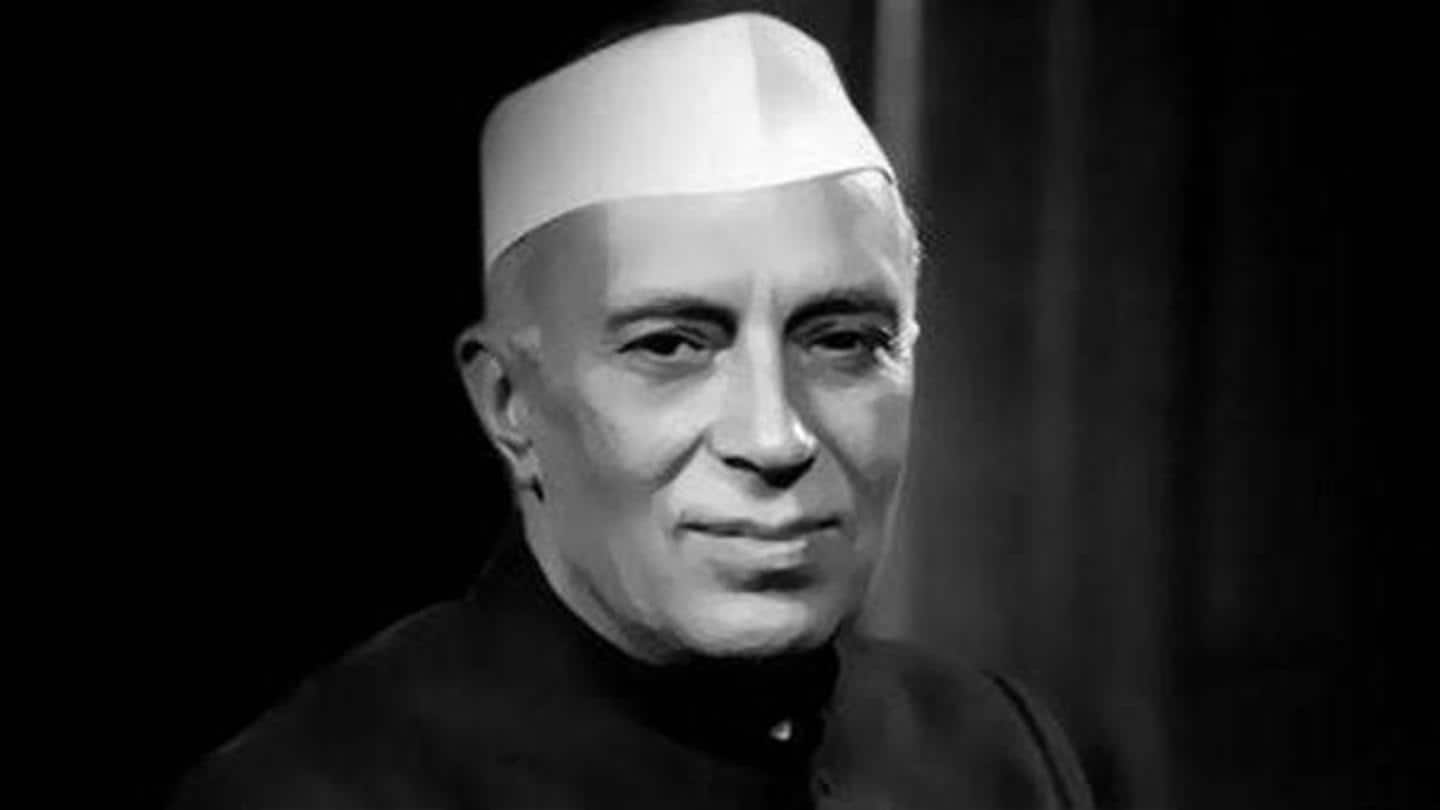
Congress pays tribute to Nehru on death anniversary
What's the story
The Congress on Thursday paid tributes to India's first Prime Minister Jawaharlal Nehru on his death anniversary, saying that he was the architect of modern India who made unforgettable contributions to the country and the world. Nehru, who was a close ally of Father of the Nation, Mahatma Gandhi, held office between August 1947 and May 1964. He died on this day in 1964.
Twitter Post
Here is what Congress posted on Twitter
Pt. Jawaharlal Nehru brought India to the world put our economy, our culture our industrious nature on a path of rapid success. He is the architect of modern of India.#RememberingNehru pic.twitter.com/1PqSDfRPVd
— Congress (@INCIndia) May 27, 2021
Rahul Gandhi
Rahul Gandhi also paid homage to Nehru
Congress leader Rahul Gandhi, who is Nehru's great-grandson, also paid floral tributes to Nehru at his memorial Shanti Van in Delhi this morning. Paying homage to Nehru, Gandhi posted a quote of his great grandfather, "Evil unchecked grows, evil tolerated poisons the whole system." "Remembering the wise words of Pandit Jawaharlal Nehru on his death anniversary," the former Congress chief posted.
Tributes
Many CMs of Congress-ruled states also paid tribute
Congress General-Secretary, KC Venugopal, also posted a quote of Nehru, "Without peace, all other dreams vanish and are reduced to ashes." "My humble tributes to India's first Prime Minister Pandit Jawaharlal Nehru Ji on his death anniversary," Venugopal tweeted. Congress Chief Ministers -- Amarinder Singh (Punjab), Ashok Gehlot (Rajasthan), and Bhupesh Baghel (Chhattisgarh) also paid tributes to Nehru on his 57th death anniversary.
Nehru
Nehru was an advocate by profession
Nehru was amongst the most prominent faces of India's struggle for independence. A graduate of Cambridge University, Nehru was an advocate by profession. In August 1912, he enrolled himself as an advocate in Allahabad HC but couldn't relish his legal practice. He spearheaded independence movements such as the Quit India Movement, thus starting his journey as an important leader in the Indian National Congress.
Information
Nehru introduced several political and economic reforms
After independence, Nehru brought several political and economical reforms to the country. Under his governance, the princely states were politically integrated into India, the state reorganization commission was formed, several agrarian policies, educational policies, and changes in the Hindu Marriage Law, among others were introduced.